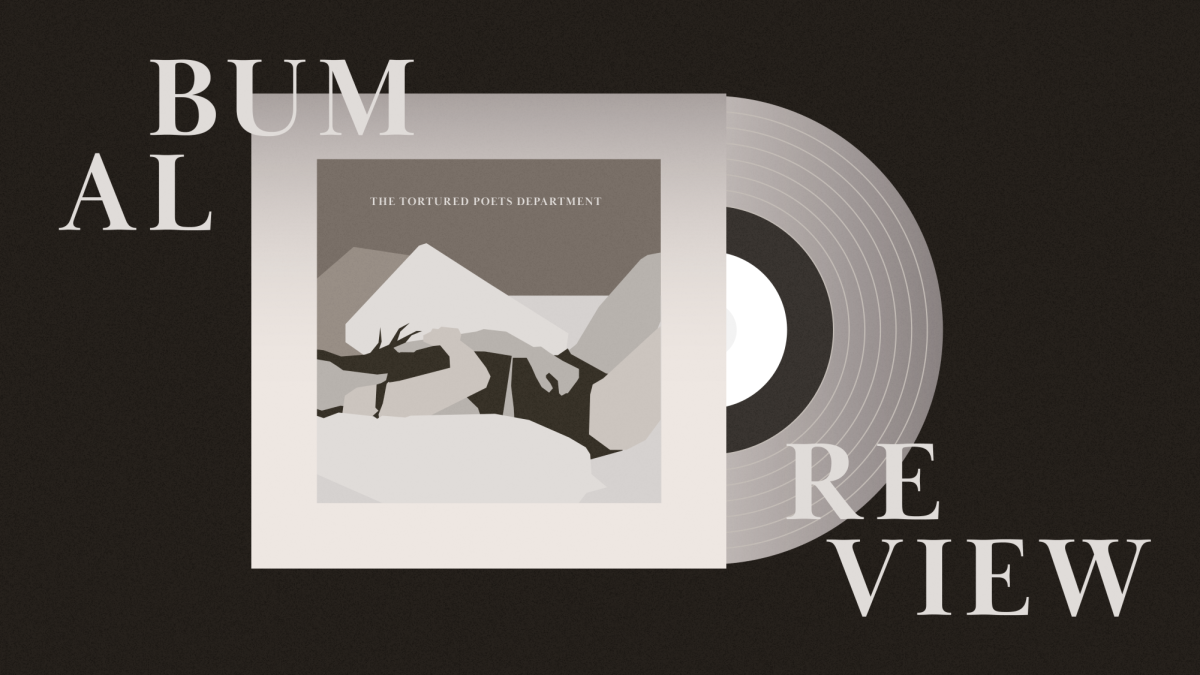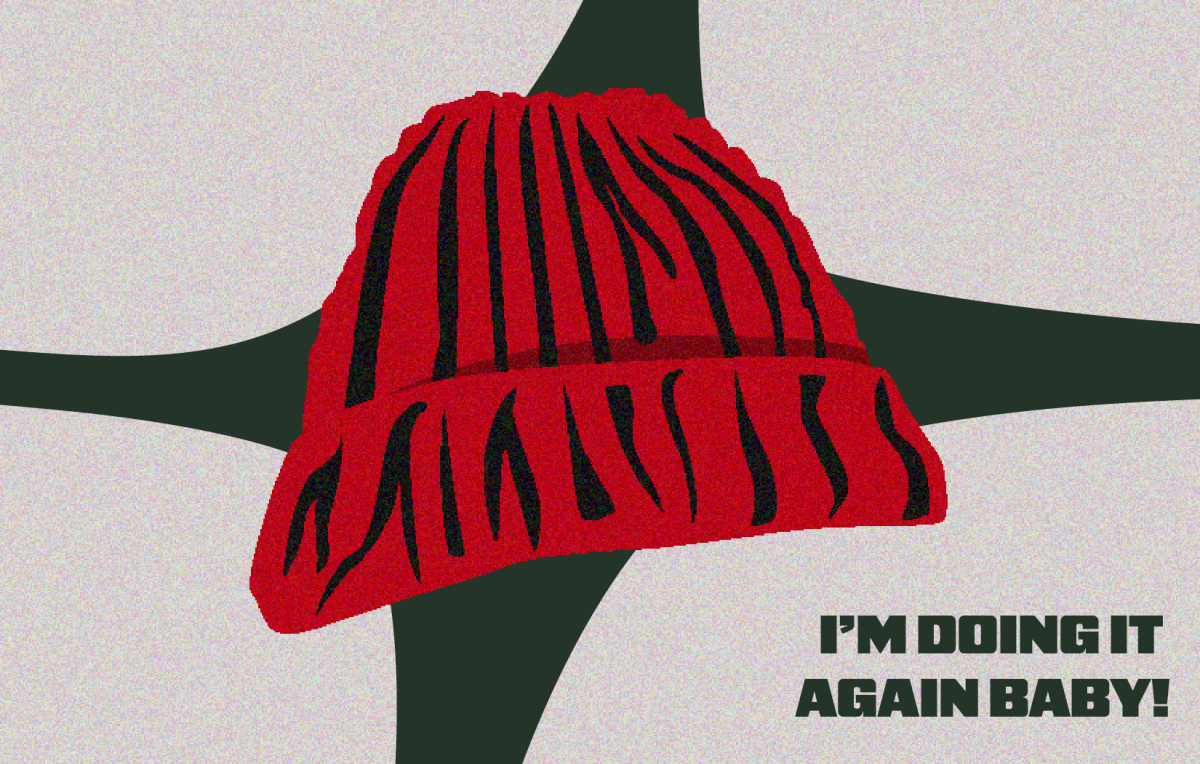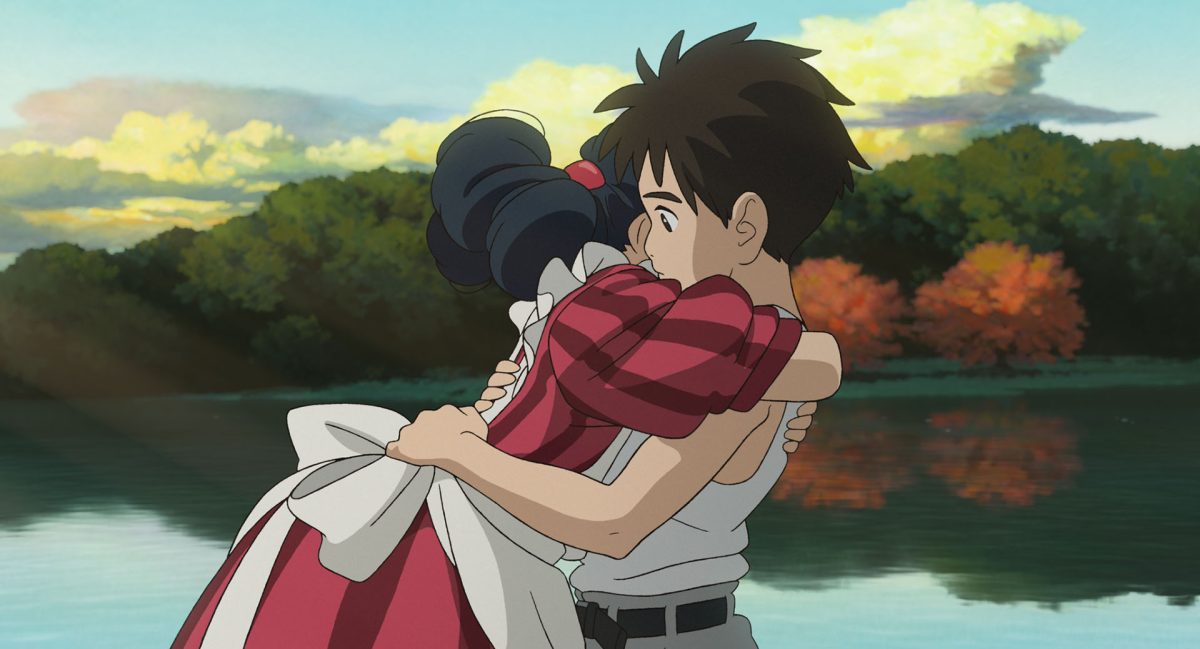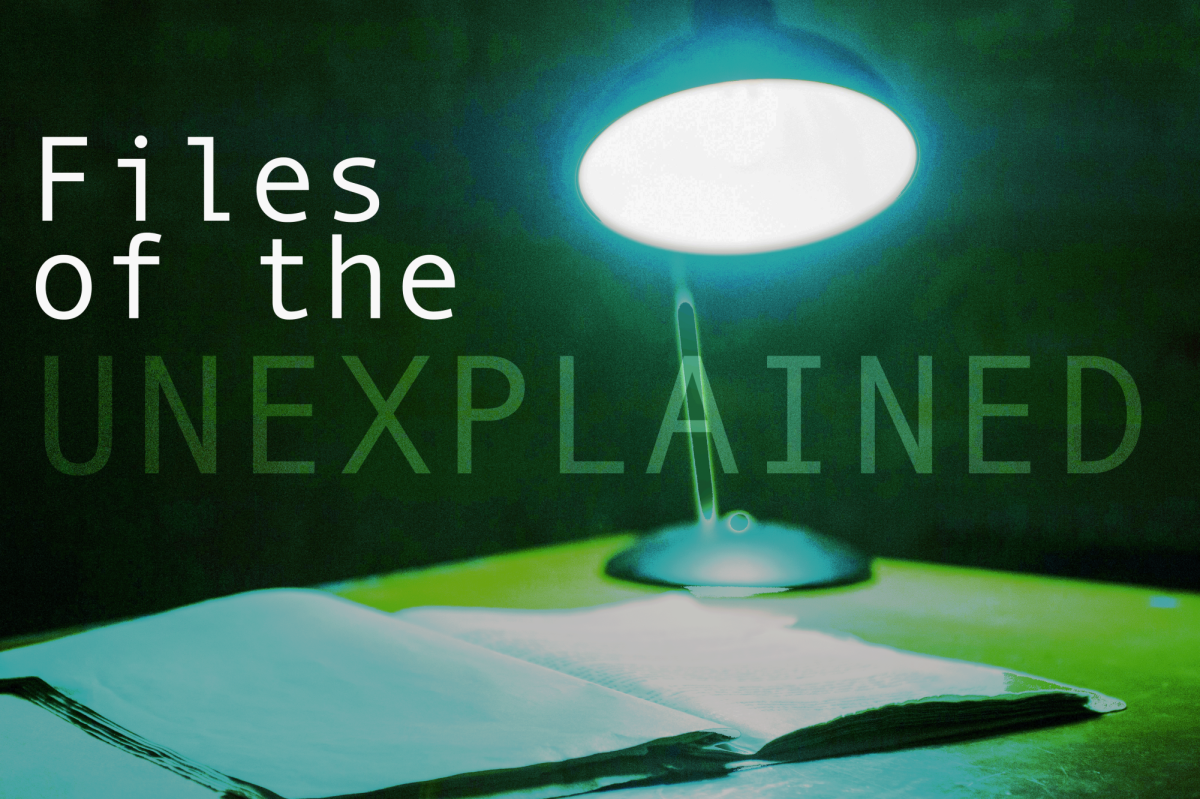Iran and the United States have similar governments despite their tense relationship, said Gary Sick at a Middle East Center forum yesterday.
The forum was part of the 2006 Middle East Seminar Series sponsored by the Hinckley Institute of Politics.
Sick is currently the executive director of the Gulf 2000 Project at Columbia University and served on the staffs of Gerald Ford, Jimmy Carter and Ronald Reagan. He also served as a White House aide to Iran during the hostage crisis in the early ’80s and is the author of two books on the U.S.-Iranian relationship.
Sick gave a brief overview of his experiences of working in the Middle East and described Iran’s current standpoint based on his knowledge.
“(Now) Iran lacks any potential enemies to the east and west of their borders, and this has happened over only a few years,” he said. “They have a potential ally in the new Iraqi government, also.”
Sick said that with the fall of Sunni Iraq and a new Shi’ite government, Iraq is no longer an enemy but a potential ally. He also said Iranians have recently supported powerful political figures to represent them and have a remarkable sense of nationalism, all of which have led to a newly powerful Iran–a country that has never been in that position before.
During the forum, Kevin Colley, a sophomore studying political science, asked, “Should the fact that Iran is involved or could be involved with terrorist groups have anything to do with their right to producing nuclear weapons?”
Sick’s response surprised some. “Despite the angst between our two governments, our governments aren’t all that different,” he said. “They want to keep their options open just like we do.”
Sick said the ongoing debate concerning whether Iran should be able to have nuclear weapons has much to do with power.
“A bomb in your hand makes you a target; the ability to make a bomb gives you bargaining leverage,” he said.
He went on to discuss the possible routes the United States could take in dealing with Iran’s obtaining nuclear capabilities, as well as the effects.
“As of now, I don’t think military action should be taken–invading Iran would make invading Iraq look like a picnic,” Sick said. “We must have all of our stuff on the table, though–military force has to be in the background.”











